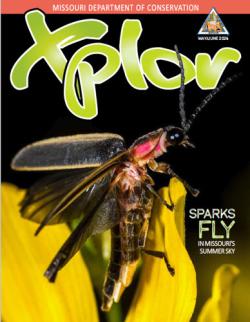
Xplor reconnects kids to nature and helps them find adventure in their own backyard. Free to residents of Missouri.













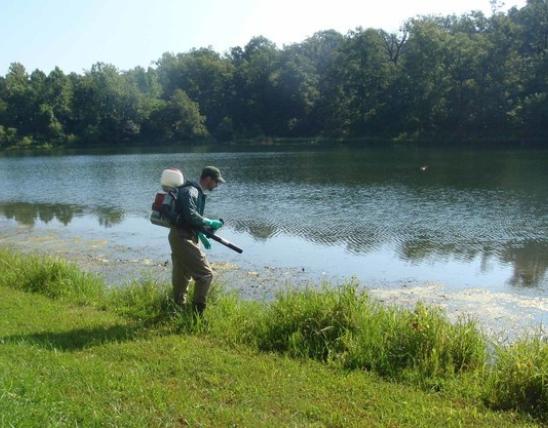




















Stay in Touch with MDC news, newsletters, events, and manage your subscription

Xplor reconnects kids to nature and helps them find adventure in their own backyard. Free to residents of Missouri.
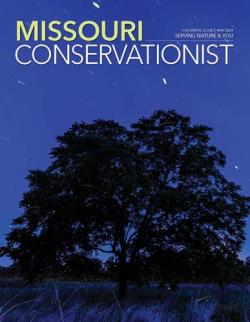
A monthly publication about conservation in Missouri. Started in 1938, the printed magazine is free to residents of Missouri.
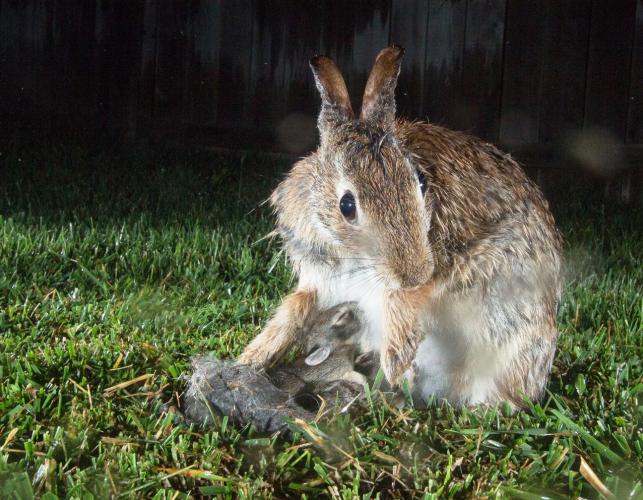
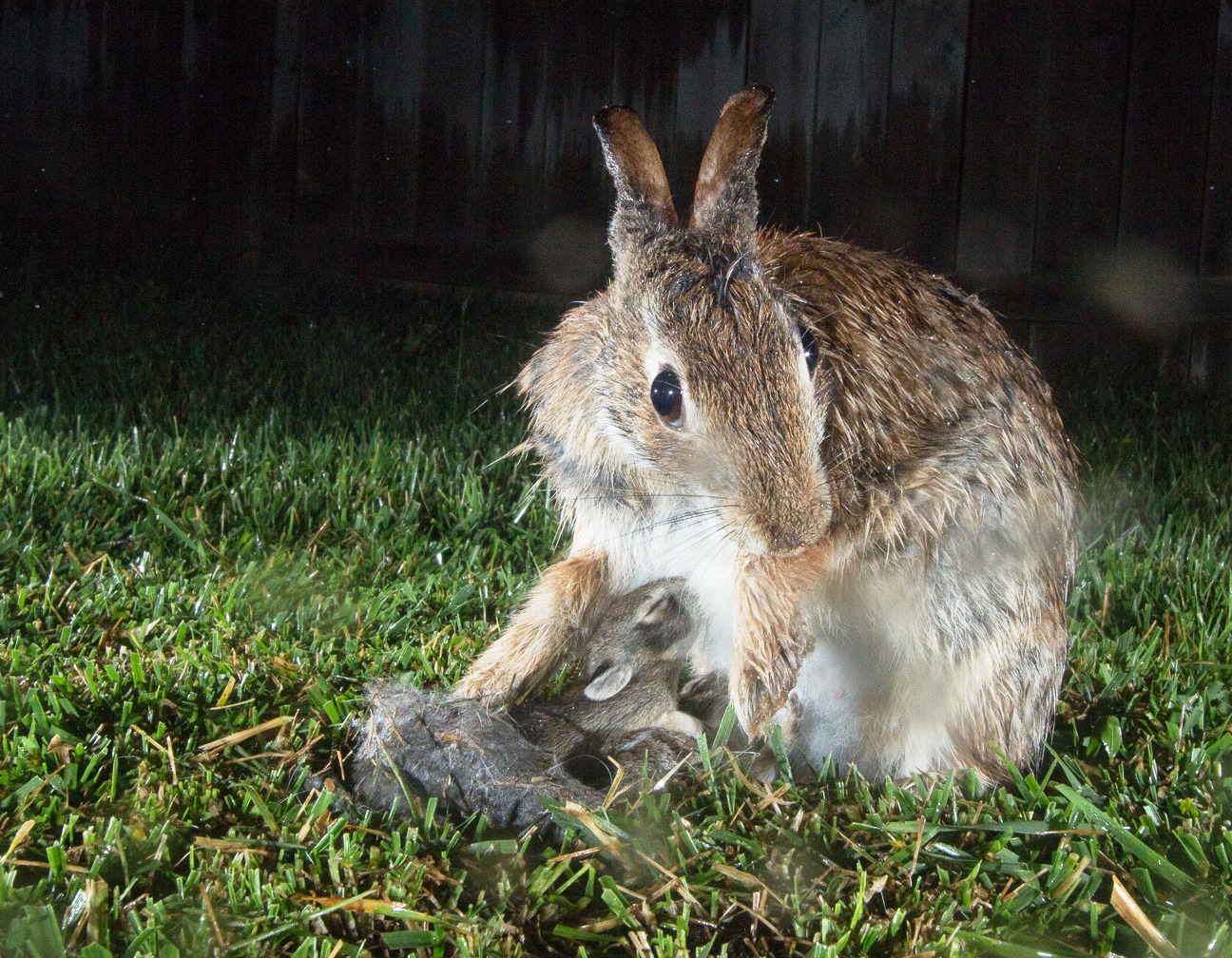
JEFFERSON CITY, Mo. – Spring brings the births of wild animals such as birds, rabbits, and squirrels. With that come good intentions of kind-hearted people who want to adopt baby animals they find because they think they have been orphaned or abandoned. The Missouri Department of Conservation (MDC) reminds people to leave these young wild animals where they find them, or return them to their nests or nest areas if possible.
“Baby animals are rarely abandoned or orphaned,” said MDC State Wildlife Veterinarian Sherri Russell. “The wildlife parent is afraid of people and will retreat when you approach. If the baby animal is left alone, the parent will usually return. Also, parent animals cannot constantly attend to their young so often they spend many hours each day gathering food for the offspring.”
Russell added that baby birds are common animals people want to help by adopting them.
“If you see a baby bird on the ground hopping around and it has feathers, leave it alone because it is a fledgling and the parents are nearby keeping an eye on it,” she explained. ‘If you find one that is featherless, it probably fell out of nest. Return it to the nest if you can, or at least near the nest.”
Another common problem is dogs catching baby rabbits and mowers running over nests.
“Baby rabbits seldom survive in captivity and actually can die of fright from being handled,” Russell explained. “Even if they are injured, return the baby rabbits to the nest or the general nest area. The mother will most likely return.”
She added most wild mothers do not abandon their young because of a human smell on them, and most baby wild animals do not survive in captivity.
“While people may have good intentions, the care and rehabilitation of wild animals requires special training, knowledge, facilities, care – and permits,” she said. “Wild animals, if they are to survive in captivity, often require highly specialized care. Without such care, they will remain in poor health and may eventually die. And it is illegal to possess many wild animals without a valid state or federal permit.”
Russell added, “Animals are better off in their natural habitats where they are free to reproduce and carry on their species. If a wild animal is broken to captivity, it will probably die if returned to the wild. Also, many wild animals are nocturnal. This means they are not active until after dark. They sleep during the day and can be quite disturbing at night while people sleep.”
She noted wild animals can become dangerous to handle as they mature, can carry parasites and disease, and can damage property.
“Native wildlife can carry mites, ticks, lice, fleas, flukes, roundworms, tapeworms, rabies, distemper, tuberculosis, respiratory diseases, and skin diseases,” Russell explained. “Some of these diseases can be transmitted to humans.”
Conservation makes Missouri a great place to discover nature. Learn more about Missouri’s many native wildlife species from the MDC online Field Guide at nature.mdc.mo.gov/discover-nature/field-guide/search.